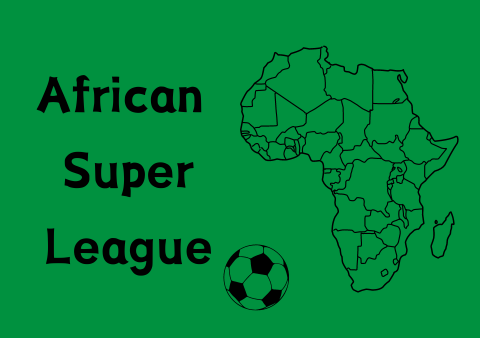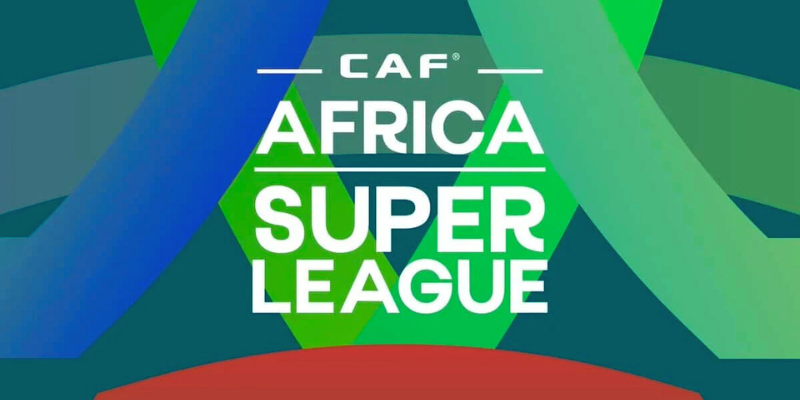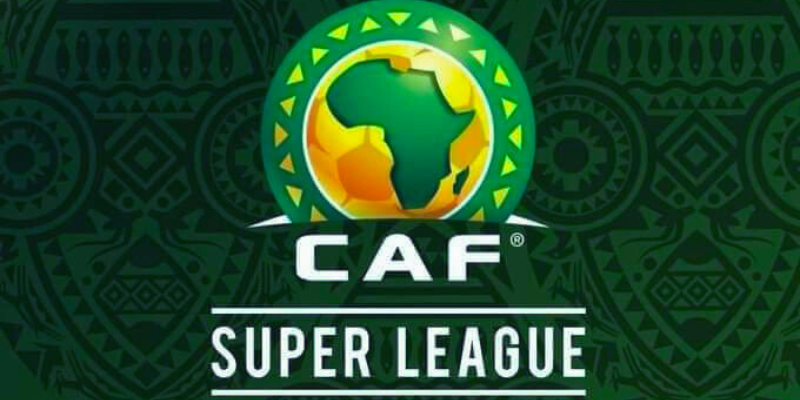
African Super League
The Africa Super League, now known as the African Football League (AFL), is an annual continental men’s club football competition run by the Confederation of African Football (CAF) since 2023. It was initially announced on 28 November 2019 by Gianni Infantino, president of FIFA. In this article, we discuss this league in greater detail.
Key Facts
Here’s some key information to know:
Basics:
- Founded: 2023 (initially announced in 2019)
- Organized by: Confederation of African Football (CAF)
- Format: Annual knockout tournament with 24 teams (currently 8 for first season)
- Goal: Showcase top African clubs, increase revenue, and develop the sport across the continent.
Current Season:
- Inaugural season kicked off: October 2023
- First champions: Mamelodi Sundowns (South Africa)
- Season format: 8 teams divided into 2 groups, top 2 from each group go to knockout stage.
Key Points:
- Controversial: Initially planned as a 24-team “Super League,” faced criticism for favoring established clubs and potentially harming existing competitions.
- Scaled down: Due to concerns, launched with 8 teams for the first season with plans to expand later.
- Financial potential: Aims to generate significant revenue for African clubs and improve infrastructure.
- Impact on African football: Long-term effects still unknown, but could raise the profile of the sport internationally and attract investment.

Controversy
The controversy surrounding the African Football League (AFL) stems from several concerns raised before its launch in 2023. But if you interested more about African football, you can read about best teams. Let’s take a look at the controversy surrounding the AFL’s original format, which is mainly about its original “Superleague”.
- Concentration of power and wealth: Critics argued that the 24-team format unfairly favored established clubs with large fan bases and financial resources, creating a further concentration of power and wealth at the top of African football.
- Impact on existing competitions: Concerns existed that the AFL might cannibalize existing regional competitions like the CAF Champions League and Confederation Cup, financially undermining them and potentially leading to their decline. This could damage the established structure of African club football and create conflicts with existing stakeholders.
- Lack of representation: The initial format faced criticism for prioritizing larger, more established clubs, potentially neglecting teams from smaller or less developed nations. This raised concerns about equitable representation across the continent and the risk of neglecting talent and development opportunities in diverse regions.
- Transparency and governance: Doubts were raised regarding the transparency of the decision-making process and the governance structure of the AFL. Critics demanded clearer communication about potential benefits and drawbacks, along with a more inclusive and democratic approach to decision-making.
- Sustainability and feasibility: Questions surrounded the long-term financial sustainability of the AFL, especially due to the initial large number of teams and potential logistical challenges. Critics wondered if the projected revenue distribution was fair and sustainable, or if it might create financial instability for some clubs.
- Response to criticism: In response to these concerns, the AFL format was scaled down to 8 teams for the inaugural season, with plans to expand later. This aimed to address concerns about inclusivity and financial feasibility.

AFL Regulations
Eligibility
- Only the top clubs from each of the CAF member associations are eligible to participate.
- The current format (for the first season) involves 8 teams, but it’s planned to expand to 24 in the future.
Format
- It’s a knockout tournament with two group stages followed by knockout rounds.
- For the current season, the 8 teams are divided into two groups of 4.
- The top two teams from each group advance to the quarterfinals.
- Quarterfinals, semifinals, and the final are played over two legs (home and away).
Financial regulations
- The African Football League promises significant financial rewards for participating clubs, but specific details about revenue distribution are not publicly available.
- There are concerns about whether the distribution will be fair and sustainable, especially with the planned expansion.
Other regulations
- CAF sets regulations for player registration, eligibility, match officials, and disciplinary procedures.
- These regulations are generally similar to those used in other CAF competitions, but specific details might differ based on the unique nature of the AFL.
Important points to remember
- These are just key points, and the full regulations are more complex.
- The regulations might be subject to change in the future, so it’s best to consult the latest information from CAF.
- Sources discussing the AFL might still use the term “Super League” due to its initial name, but remember the official name is now AFL.
Summary
The African Football League (AFL), formerly known as the Super League, is a new continental knockout tournament featuring the top 8 (planned to expand to 24) clubs from across Africa. Launched in 2023, it aims to boost the continent’s footballing profile and generate revenue, but faced initial controversy for potentially favoring established clubs and harming existing competitions.
While scaled down for the first season, the AFL’s long-term impact on African football’s landscape and its ability to address concerns about inclusivity and sustainability remain to be seen.
FAQ
What is the African Super League❓
Top football clubs from different countries compete against each other in the African Super League to determine the best team on the continent.
What is the African Football League (AFL)❓
African Football League (formerly known as the African Super League) is an annual men’s club football tournament in Africa.
How many clubs participate in the AFL❓
The AFL involves 24 clubs from 16 countries across the continent. These clubs represent various regions and contribute to the vitality of the league.
How the AFL affects African football infrastructure❓
The AFL plans to earmark its $100 million prize fund for critical investments such as stadium development, infrastructure improvement, and grassroots programs.
Which regions are represented in the AFL❓
The AFL divides participating clubs into three regions: North for North African nations, Central/West for Central and West Africa, and South/East for the southern and eastern regions.
